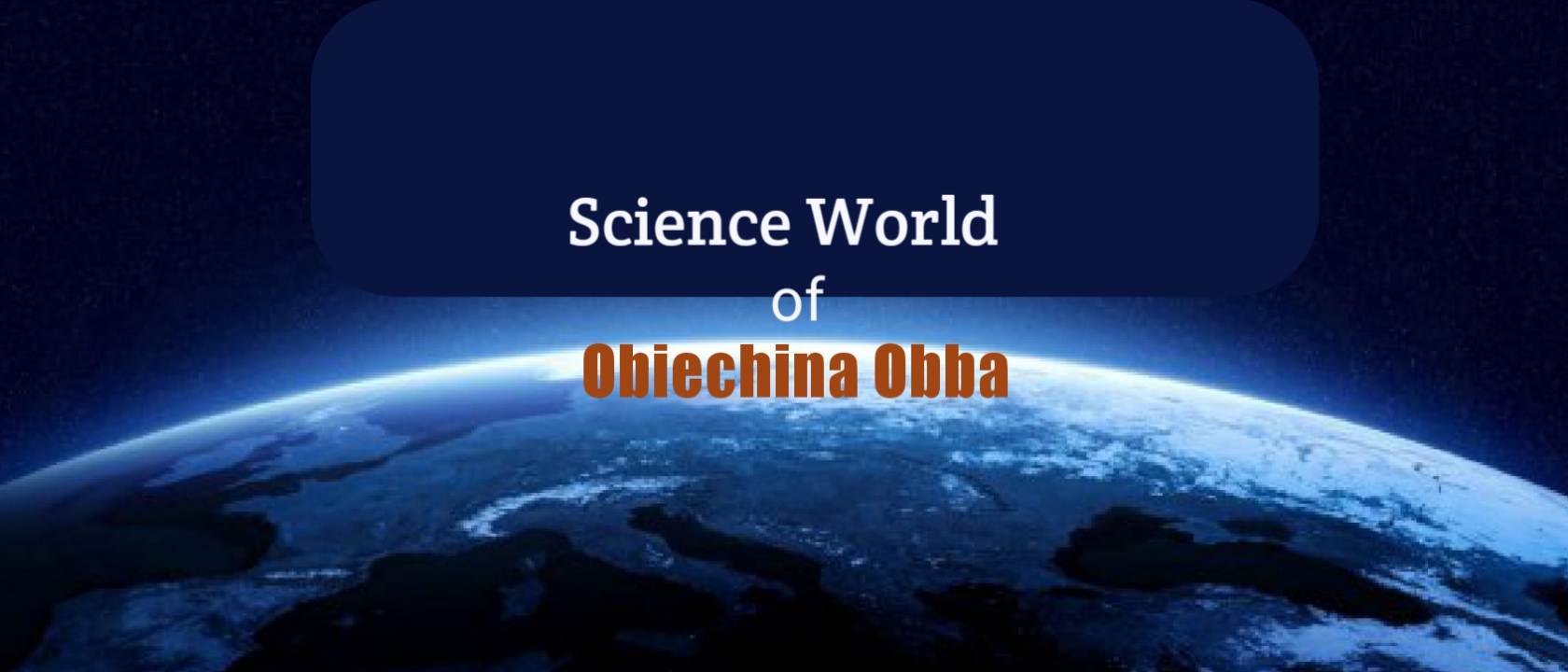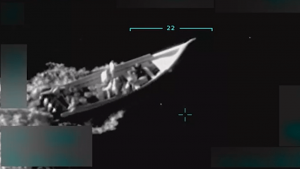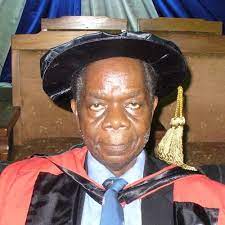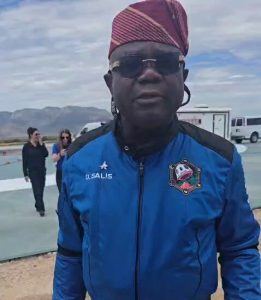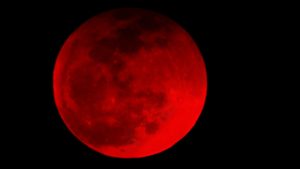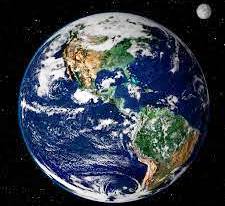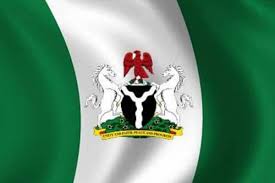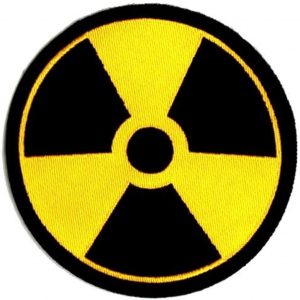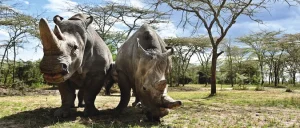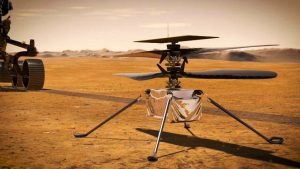The Nigerian government lifted the ban on Twitter on 13 January, 2022 after talks between it and the micro-blogging platform in the country.
A pre-condition however, was that Twitter had to register to operate in Nigeria so that it can be regulated and possibly start paying taxes.
Nigeria banned the social media platform indefinitely and de-activated it so that it cannot be received anywhere in Nigeria through internet service providers.
The Nigerian Communications Commission, the official regulator, was asked by Nigeria’s Information Minister, Lai Mohammed, to enforce the ban which it did through the Association of Licensed Telecommunications Operators of Nigeria, ALTON.
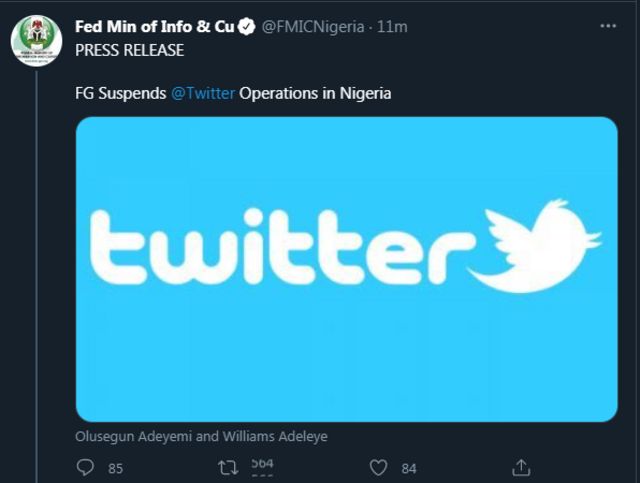
Anyone circumventing the ban order risked being prosecuted.
Nigeria’s Attorney-General and Minister of Justice, Abubakar Malami, issued a statement to this effect on 5 June, 2021.
This was also directed at the 40 million Twitter users in Nigeria who may turn to Virtual Private Network (VPN) apps to access the micro-blogging platform.
This came after a tweet posted by Nigerian President Muhammadu Buhari was deleted on 2 June, 2021 by Twitter because, as it said, it violated its “abusive behaviour” policy.
President Buhari’s Twitter accounts were, in addition, frozen for 12 hours which further infuriated the government.

The tweet reads: “Many of those misbehaving today are too young to be aware of the destruction and loss of lives that occurred during the Nigerian Civil War. Those of us in the fields for 30 months, who went through the war, will treat them in the language they understand.”
President Buhari was referring to the Ibo-speaking southeast of the country where many protesting youths are demanding secession and destroying government property.
President Buhari, a retired General in the Nigerian Army, fought against the secessionist Biafra in the Nigerian civil war from 1967 to 1970.
An estimated two million people, mostly Ibos, died in the war and from starvation following a land, sea and air blockade of essential food supplies by Nigerian government.

Some Nigerians flagged President Buhari’s tweet, considering it inciting, and asked that it must be deleted.
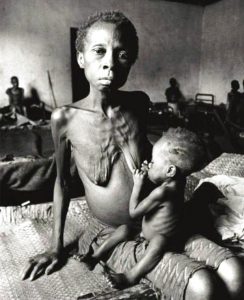
Twitter removed it on 2 June, 2021 saying it violated its “abusive behaviour” policy and froze President Buhari’s accounts for 12 hours.
On 5 June, 2021 Nigeria suspended Twitter indefinitely, saying its action undermined the country’s corporate existence.
The National Broadcasting Commission, the official broadcasting regulator, directed all radio and television stations in Nigeria to delete their Twitter accounts and not to use any news item from Twitter.
Twitter said the suspension was “deeply concerning.”
US, Canada, EU, UK and the Republic of Ireland issued a joint statement criticising the ban as undemocratic.
The US Department of State on 10 June, 2021 condemned Nigeria’s Twitter ban and the threat to arrest and prosecute Nigerians still using it, saying that “has no place in a democracy.”
Some critics however, faulted the attitude of western interests and media to the Twitter ban by Nigeria.
CNN’s Michael Holmes called Nigeria “a country plagued by kidnappings, extremists and bandits” while introducing a story on Nigeria’s Twitter ban.
A South African journalist, Trevor Noah, likened it to an African saying “America is a country plagued by school shootings, extremists and failing infrastructure… but the government wants to raise the price of postage stamps.”
President Buhari had a supporter in ex-US President Donald Trump who was earlier banned by Twitter while he was still President.
photo credit: techcrunch
Trump in a statement on 8 June, 2021 said “Congratulations to the county of Nigeria, who just banned Twitter because they banned their president. More countries should ban Twitter and Facebook for not allowing free open speech — all voices should be heard.”
Trump continued, “Perhaps, I should have but Zuckerberg kept calling me and coming to the White House for dinner telling me how great I was.”
The owner of Facebook is Mark Zuckerberg, whom ex-President Trump was referring to in the statement.
As a result of the January 6 Capitol riot, Facebook, Instagram and Twitter suspended Trump’s accounts for promoting violence.
Facebook and Instagram say the suspension will be till at least 2023; while Twitter said its de-platforming Trump is permanent.
Trump also criticised Facebook, ” Facebook’s ruling is an insult to the record-setting 75M people, plus many others, who voted for us in the 2020 Rigged Presidential Election. They shouldn’t be allowed to get away with this censoring and silencing, and ultimately, we will win. Our Country can’t take this abuse anymore!”
On 27 June, 2021 the leader of the Indigenous People of Biafra, IPOB, Nnamdi Kanu, agitating for Ibo secession, was re-arrested and brought back to the country.
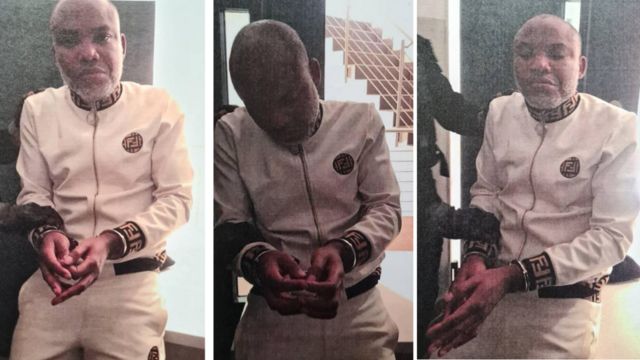
He has been standing trial for treason since 2015 but jumped bail in 2017 and fled the country.
He was re-arraigned in court on 29 June, 2021 and was remanded in prison custody by the court before the trial re-started in July, 2021.
photo credit: cnn, anti-igbopogrom, facebook, bbc
